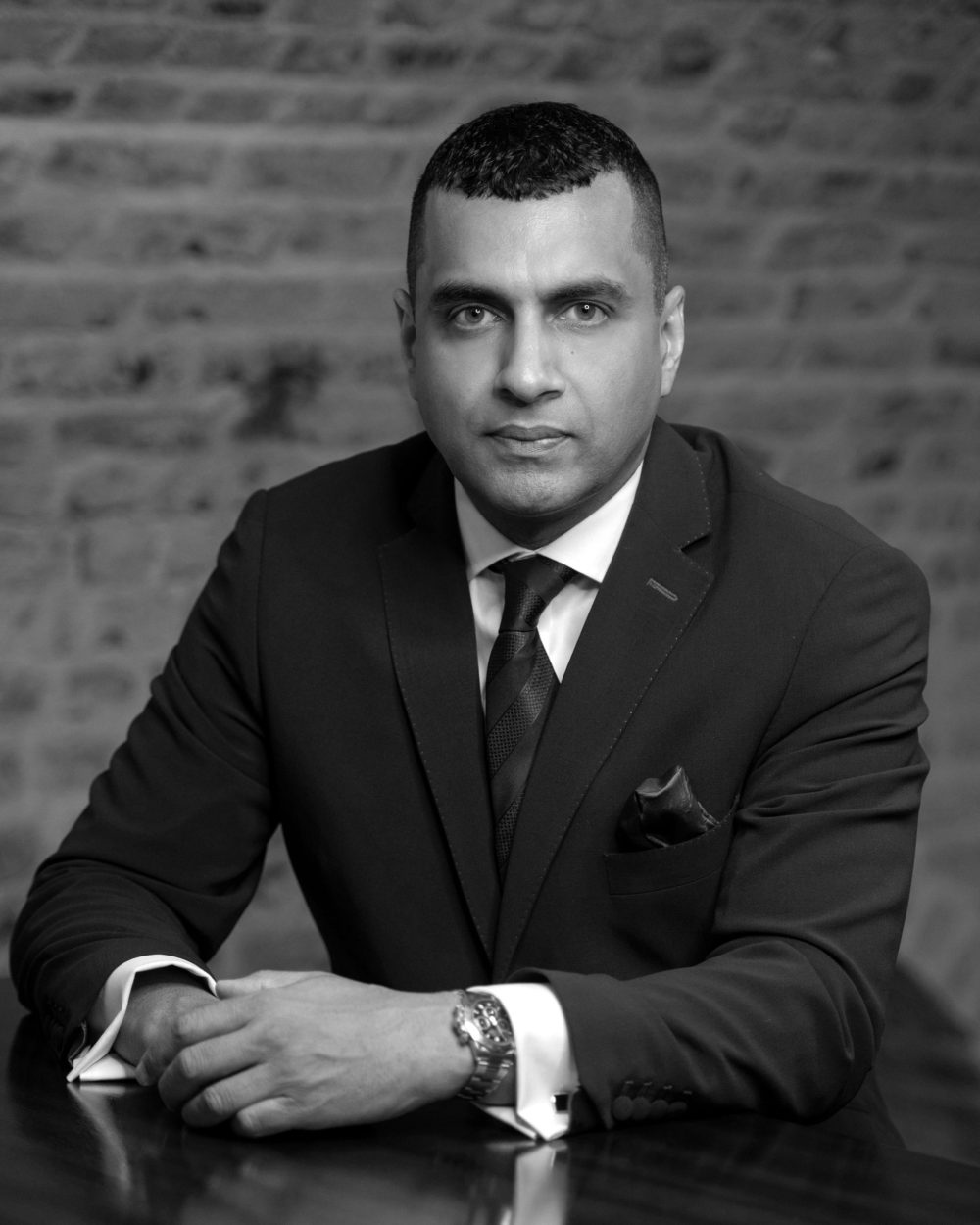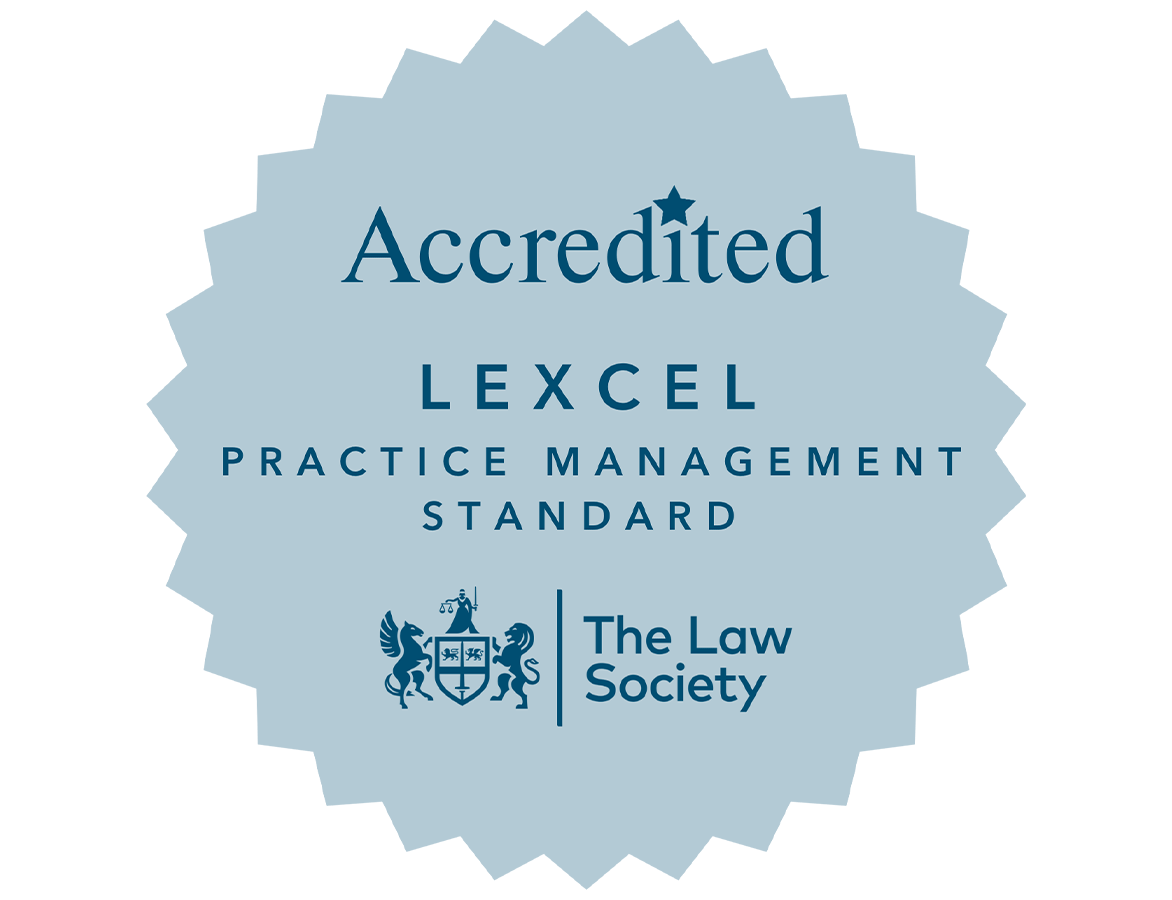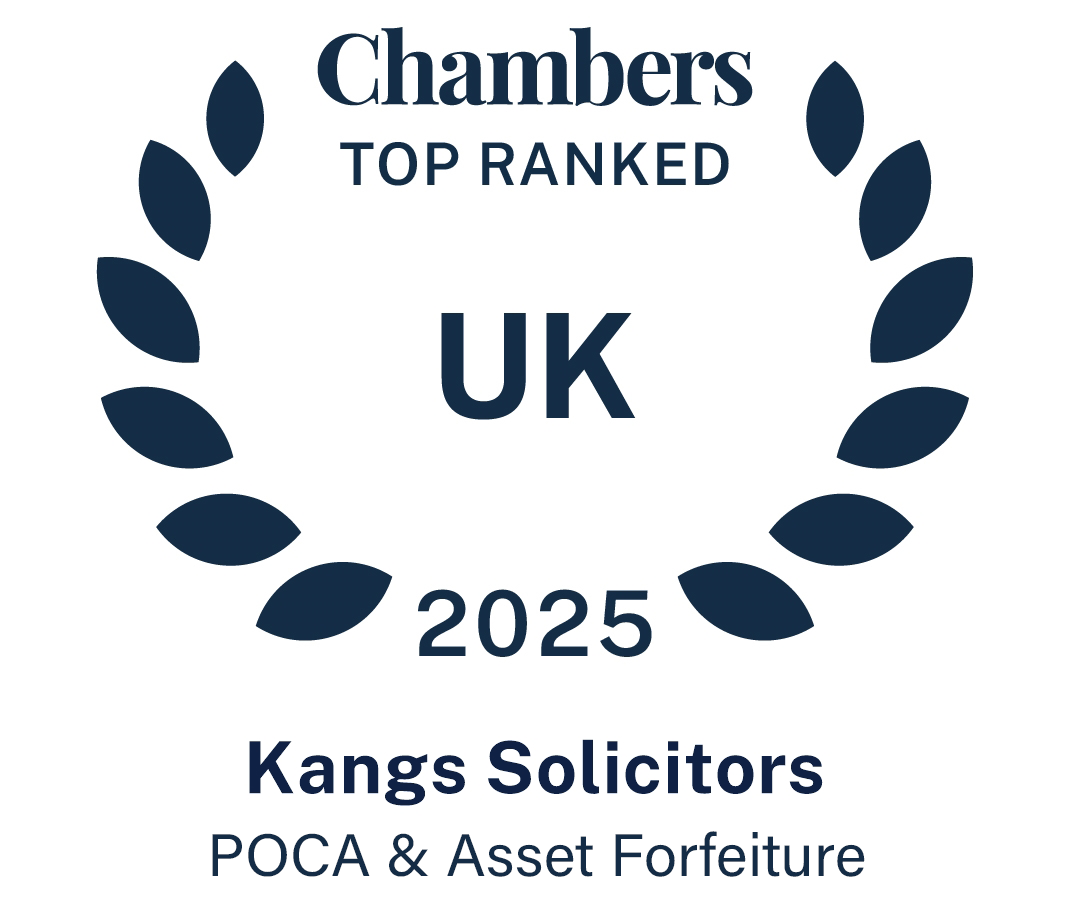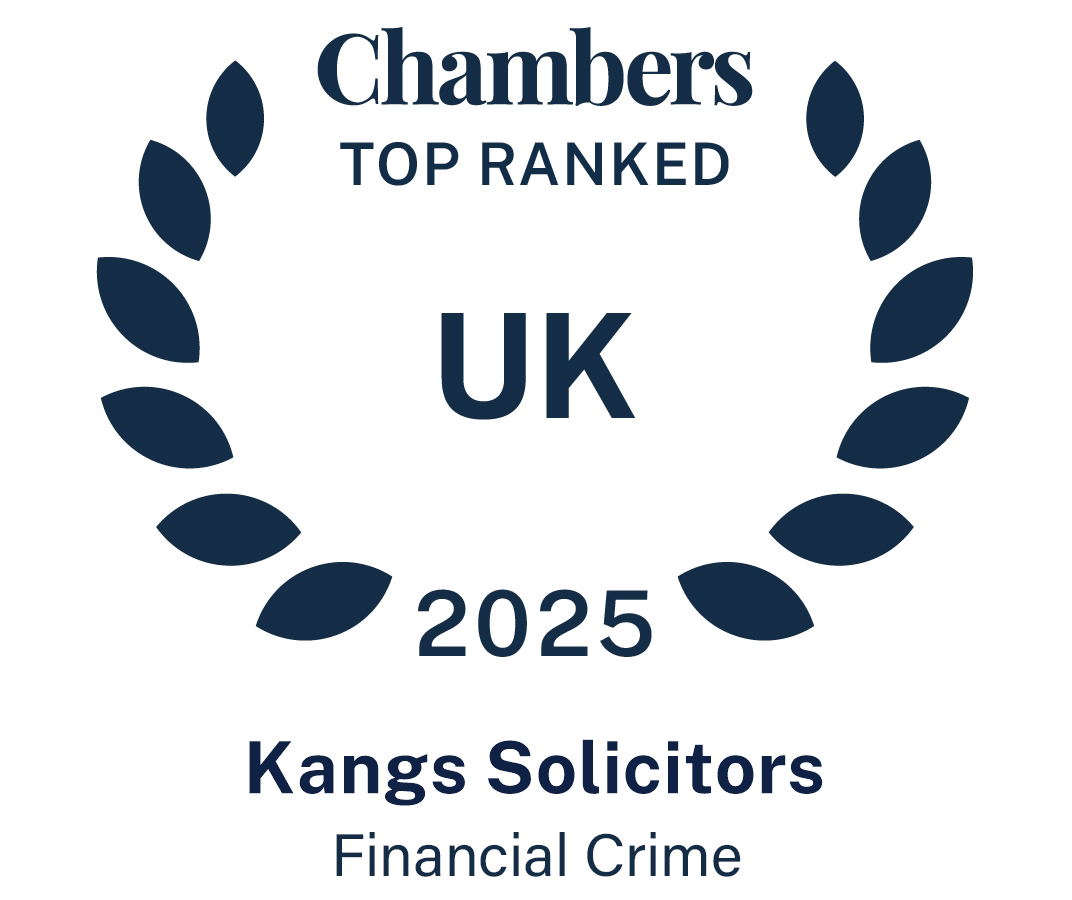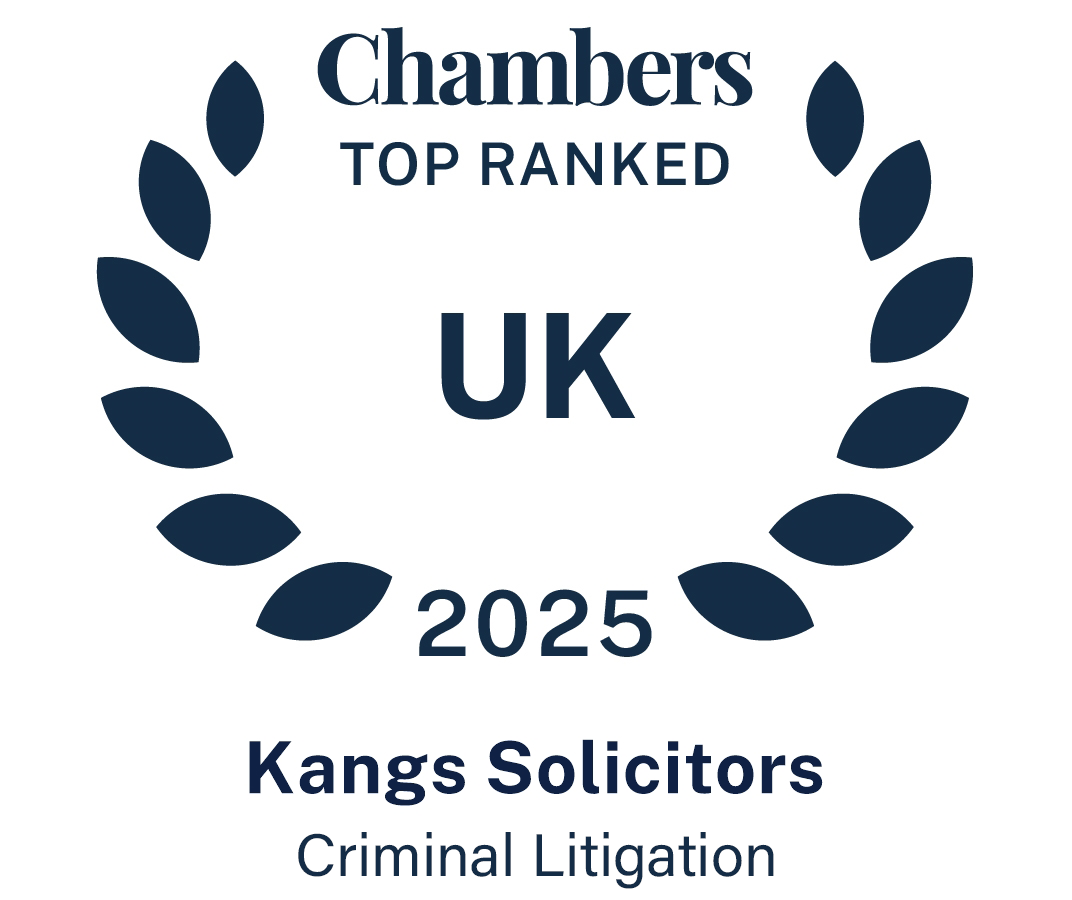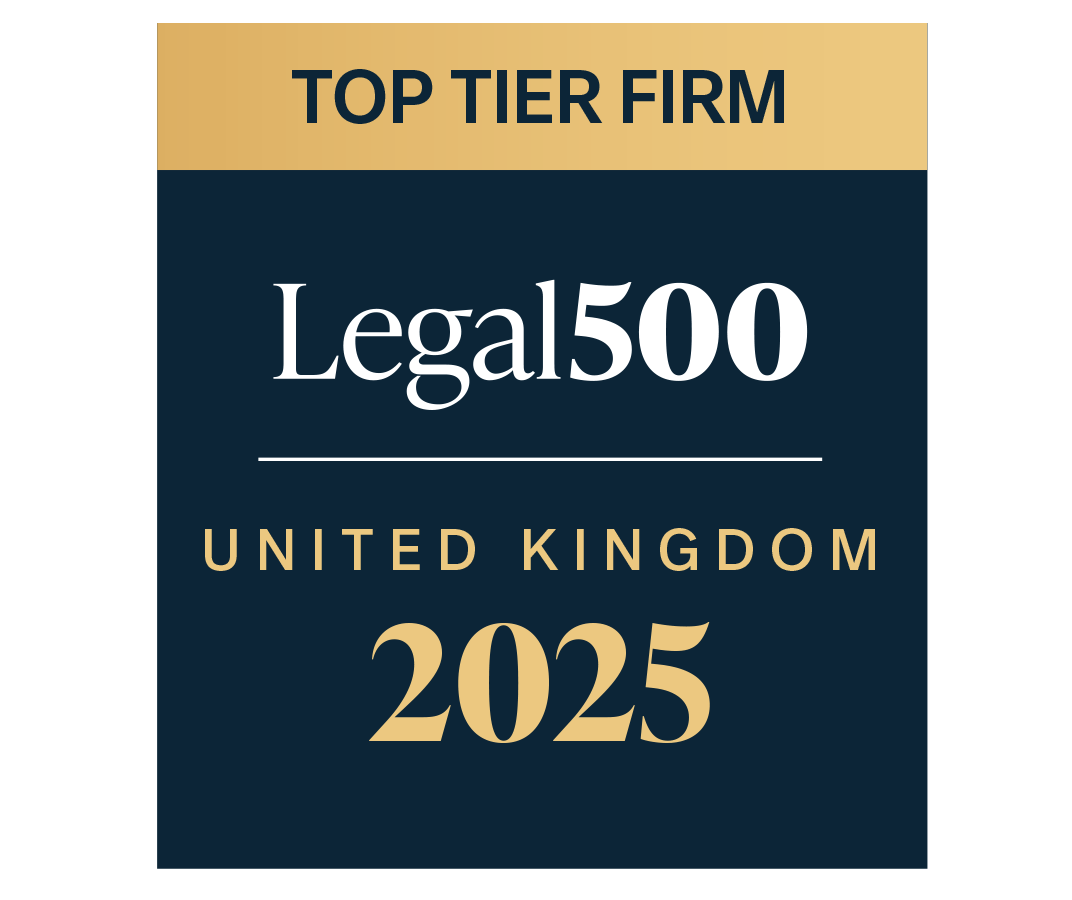Tax Fraud & VAT Fraud
Tax and VAT Investigation Defence Solicitors
Our skilled fraud solicitors have a proven track record of successfully representing clients in both criminal and civil HMRC investigations. With nearly three decades of experience, KANGS has developed a deep understanding of the intricacies involved in tax fraud and VAT fraud investigations and prosecutions. This experience enables us to represent our clients effectively.
We assist corporations and individuals in a variety of HMRC tax investigations including:
- VAT Fraud and Kittel Fraud
- Missing Trader (MTIC) VAT Fraud
- Defaulting Trader VAT fraud
- Tax Avoidance Schemes
- Domicile
- NIC, PAYE and Payroll Fraud
- Income Tax, Corporation Tax and Capital Gains Tax Fraud
- Duty Evasion and VAT Evasion on Importation of Goods/Services
- Abuse of Covid-19 Government Loans & Grants (Bounce Back, Furlough, PPE contracts)
Our experience includes:
- VAT Fraud Investigations: Successfully representing companies and individuals in some of the highest value VAT fraud cases ever investigated and prosecuted in the country over the last twenty-five years.
- Tax Fraud Investigations: Expert defence of numerous corporate and individual clients in all forms of direct tax and indirect tax fraud investigations since 1997.
- Dawn Raids: On-site legal assistance and advice to clients during dawn raids conducted by investigating HMRC officers at their business premises.
- 24/7 Rapid Response Team: Representation for both individuals and corporations during interviews conducted under caution, whether these occur following an arrest or by voluntary attendance.
- High Value Investigations: Experienced in managing high value and high stakes fraud investigations frequently involving sums of multiple millions in GBP or USD.
- Global Investigations: Extensive experience of acting in investigations across foreign jurisdictions and leading or being part of a multi-jurisdictional team of lawyers and financial investigators.
- International Client Base: Serving a national and international client base in a variety of fraud investigations from our offices in London, Birmingham and Manchester.
- Court Representation: Representation in court proceedings in conjunction with our long-established working relationships with the leading barristers and King's Counsels (KC’s) in the country.
- Reputation Management: On going strategic advice on issues of business continuity and reputational damage.
- Negotiations: Negotiating settlements with prosecuting authorities and advising on Deferred Prosecution Agreements (DPA).
Testimonials
Got a question?
What type of Tax Fraud and VAT Fraud cases can KANGS assist with?
Many of our cases are multi-jurisdictional, involving substantial sums of money, property, and various other assets.
We handle a comprehensive range of tax and VAT fraud investigations. The allegations commonly encountered in these HMRC investigations include:
- VAT Fraud – Kittel, MTIC, Defaulting Trader, Missing Trader, Carousel Fraud
- VAT Fraud – Hijacked Trader, False VAT Returns, Repayment Fraud
- Money Laundering, Tax Evasion, Bribery & Corruption
- Duty Evasion & Diversion
- PAYE, NIC & Payroll Fraud
- Abuse of Covid-19 Government Loans and Grants
- Income Tax Evasion, Undeclared Income, Falsification of Records
- Domicile Investigations
- Conspiracy to cheat the public revenue
- Offences under the Fraud Act 2006 and Proceeds of Crime Act (POCA) 2002.
Who do KANGS represent in VAT Fraud and Tax Fraud investigations?
Over the last twenty-five years we have acted for a diverse range of clients including:
- Publicly listed companies, including FTSE 100 & Fortune 500 firms
- C-suite executives including CEOs, CFOs and global business leaders
- UK and foreign-based private limited companies
- Family Offices, ultra-high-net-worth (UHNW) and high-net-worth (HNW) individuals
- Public figures in politics, media, and sports
- Professionally qualified individuals including solicitors, barristers, accountants, financial executives and medical professionals
- Partnerships and sole traders
Contact KANGS
The expert fraud solicitors at KANGS are available to assist you. We can arrange initial consultations in person, by video call or telephone.
Please contact one of our experts listed below or contact us at:
The Support We Offer in VAT Fraud and Tax Fraud Investigations
Our expertise in tax and VAT fraud cases encompasses every phase of the case, including the initial dawn raid, arrest and interview, the investigation stage and the eventual trial in court. We offer strategic advice and support through each phase, protecting our client’s interests at all times.
We are here to assist you in the following ways:
- Advice and representation during dawn raids
- Representation at interviews under caution whether voluntary or under arrest
- Deployment of our 24-hour Rapid Response Team
- Active engagement and negotiation with HMRC
- Advice on Financial Restraint Orders and Cash Seizures
- Preparation of a robust defence case and representation in Court from the first hearing through to trial
It is important to seek legal advice at the earliest opportunity. Our team is skilled at swiftly and efficiently managing all ancillary matters associated with tax and VAT fraud investigations, allowing us to protect our client’s interests at all times.
What You Need to Know About VAT Fraud Investigations
HMRC investigations or allegations of VAT fraud can be overwhelming. It is essential to understand your rights in these situations. To help navigate this complex area, we have created an article that includes ten frequently asked questions (FAQs) addressing common concerns about VAT fraud and investigations.
10 FAQs on VAT Fraud and VAT Inspections
Missing Trader Intra Community (MTIC Fraud)
We are nationally recognised for our significant expertise and experience in dealing with MTIC & VAT fraud cases, also known as carousel fraud. Our firm has been involved in many of the leading and high-value cases in recent years, placing us in a unique position as one of the few firms with such a substantial track record in this area. Not many firms have handled as many MTIC fraud and VAT fraud cases in recent years as we have.
In addition to significant experience in MTIC fraud and VAT fraud investigations involving well-known products such as CPUs, mobile phones and other electrical goods, our expertise extends to allegations of MTIC fraud and VAT fraud involving a variety of other commodities including luxury cars, carbon credits, metals, waste products and toiletries.
We have also developed significant expertise related to VAT fraud cases involving the Kittel principle and missing or defaulting traders, particularly in the services sector. We have acted in many investigations in a variety of industries including recruitment, temporary workers, construction, and logistics to name but a few.
We provide a full range of services to both corporate and individual clients concerning all civil aspects of VAT including advice in relation to VAT Assessments, Kittel Assessments, Review of HMRC Tax Decisions and representation at the First-tier Tax Tribunal and the Upper Tax Tribunal. Discover more.
Our extensive experience includes acting in some of the most significant and high-value investigations and prosecutions ever undertaken by HMRC. We pride ourselves on our ability to navigate the complexities of these cases and a small sample is listed below:
- Operation Maypole; Operation Drive; Operation Lychee; Operation Dowel
- Operation Capri 2; Operation Ghast; Operation Duma; Operation Capri 3
- Operation Fastback; Operation Vex; Operation Varlet; Operation Tulipbox
- Operation Elemi; Operation Develop; Operation Hayrick; Operation Gnawed
- Operation Vehicle; Operation Devout; Operation Vita
- Operation Dumpcart; Operation Forebear; Operation Janitor
Dawn Raids & 24/7 Rapid Response
Dawn Raids are becoming an increasingly common occurrence in corporate environments, often conducted by investigating authorities such as HM Revenue & Customs (HMRC).
KANGS 24-hour Rapid Response Team consists of ten highly trained and experienced solicitors with a proven track record of advising corporate and individual clients in relation to all aspects of Dawn Raids.
Our solicitors provide immediate legal support during Dawn Raids, ensuring that your rights are protected throughout the process. We are well-equipped to navigate the complexities involved, offering strategic advice tailored to your specific situation.
VAT Fraud Investigations & Prosecutions
We have expertise in handling complex and high-value cases where the central allegation is VAT fraud, which frequently involve other ancillary offences such as money laundering, bribery and corruption, as well as offences pursuant to POCA 2002 and the Fraud Act 2006.
VAT fraud investigations are often multi-faceted and multi-jurisdictional. Given the significant overlap between criminal and civil matters, our cases often involve collaboration between our criminal and civil teams at KANGS. This ensures that all aspects are thoroughly addressed and that our clients receive comprehensive support.
We represent clients in a diverse range of VAT fraud investigations. Recognising that each case is unique, we work closely with our clients to develop a bespoke strategy and tailored defence to effectively address the specific allegations they face.
Tax and Duty Evasion Fraud Investigations & Prosecutions
Tax evasion and duty evasion investigations are by their very nature complex and often involve a significant international element. At KANGS, our team of expert extradition lawyers frequently collaborates with our specialist tax litigators to provide comprehensive advice in these intricate cases.
The allegations from HMRC can vary widely based on the specifics of each case. Some common examples of allegations in criminal tax and duty fraud investigations include: the abuse of offshore jurisdictions, deliberately complex and opaque trust structures, corrupt and dishonest professional trustees and managers, forged documents, deliberate filing of false tax returns, concealment of assets/income, conspiracy with others to evade tax/duty and reliance on or the complicity of tax advisors in an illegal tax avoidance scheme.

